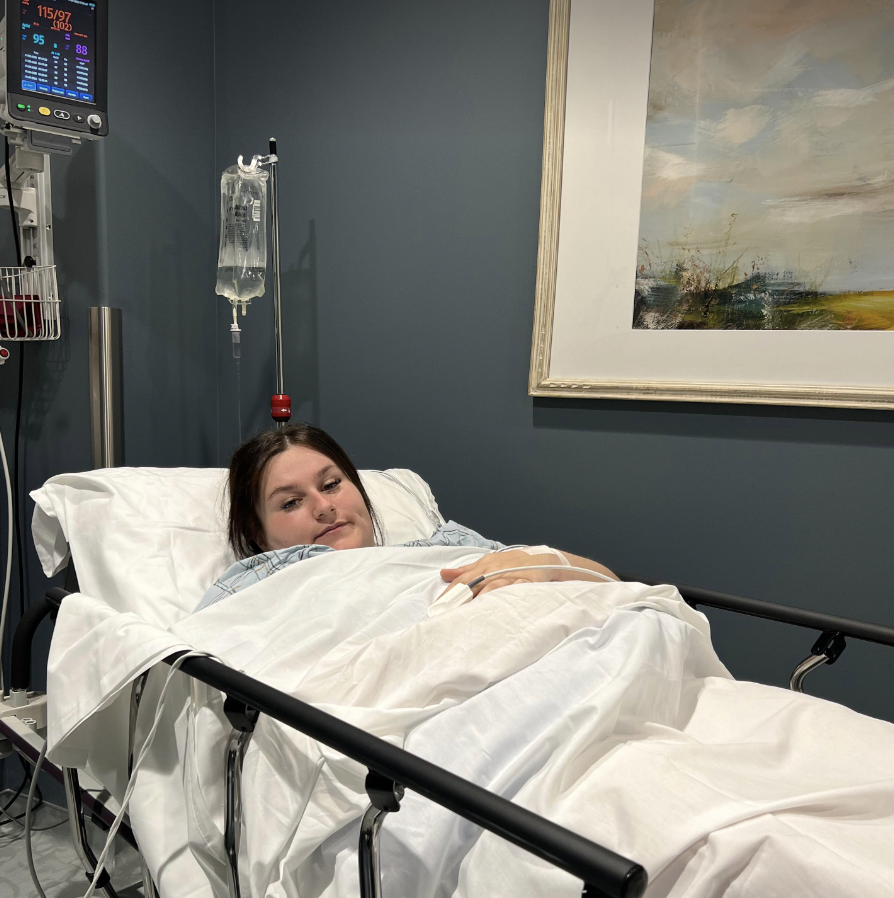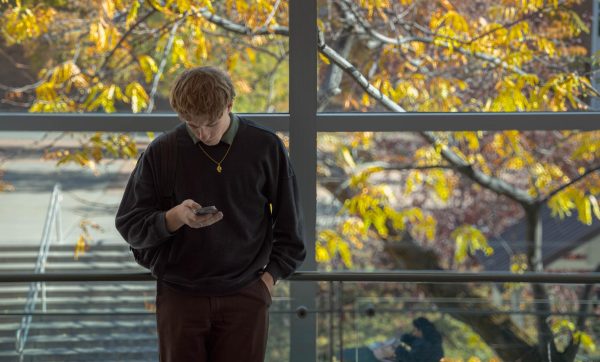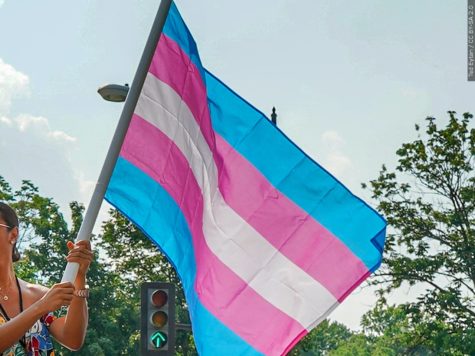A peek into PCOS
Colleen Ballard found out at age 21 she had a genetic reproductive condition that would prevent her from having children.
“I was too scared to share with family and friends what was happening,” Ballard said. “I mean, I was only 21 with my diagnosis. I kept thinking, ‘How could this happen to me?’”
Polycystic Ovary Syndrome, or PCOS, affects 6% to 12% — as many as 5 million — U.S. women of reproductive age, with the chance of leading to infertility and other serious health complications. PCOS affects about 1 in every 10 women in the United States.
In Utah, where women marry and start families younger than the national average, the culture can be difficult for women who cannot have children due to PCOS.
PCOS doesn’t just affect fertility. It is a genetic, hormonal, metabolic and reproductive disorder that can lead to lifelong complications: psychosocial disorders, obesity, cardiovascular disease, Type 2 diabetes, nonalcoholic fatty liver disease, endometrial cancer, maternal/fetal health complications and other conditions.
About 6% of married women aged 15 to 49 years old are unable to get pregnant after one year of trying due to PCOS, and 14% have difficulty getting pregnant or carrying a pregnancy to term because of it, according to the Center for Disease Control and Prevention.
Doctors have not found a cure for PCOS. According to Johns Hopkins Medicine, the most common treatments for PCOS are various forms of birth control and hormone therapy to regulate menstrual cycles.
Symptoms range from consistent headaches, irregular to missing period cycles or high testosterone levels causing facial hair, the CDC reports.
McKenna Lovin, a 25-year-old cosmetologist in Ogden, has experienced these symptoms and more. She posted her struggles with infertility on Instagram, reaching a fan base of over 2 million viewers and hundreds of comments filled with support.
“I grew up having unexplained regular headaches, anxiety, inability to lose weight easily and low energy,” Lovin said.
Lovin’s doctors did not grant her much relief.
“I never had these issues looked into as hormonal issues and was just told, ‘Take some Tylenol,’ ‘Go to the gym and run on the treadmill,’ ‘Here’s antidepressants’ and ‘Don’t be so lazy,’” Lovin said. “Little did I know that it was all hormonal and none of it was in my control without finding the root cause.”
Lovin found support through an Instagram video she posted, and was able to connect with people around the world with PCOS. But the overwhelming amount of support did not reduce the looming “side-eyes” from Utah’s baby-centric culture.
“The biggest issue has definitely been my self image — feeling less of a woman and a wife,” she said. “I see my friends and family get pregnant so easily and my husband and I have been going through infertility for two years and had two miscarriages. After all of that, it really wears on you as a woman. Just the feeling of knowing that your body isn’t doing what it was created to do.”
Ballard felt the same way, sharing the struggles she went through when diagnosed with PCOS. It took over $25,000 and multiple years of in vitro fertilization to get pregnant.
“This, of course, became a huge expense to us emotionally and financially,” she said. “The doctor told us IVF would really be our only option … this broke my heart.”
To Ballard, it almost felt like everyone around her was ecstatic and overwhelmed with joy to welcome a baby into the world, while she longed to see a plus sign on a pregnancy test.
“I felt embarrassed and ashamed, especially that I was incompetent to give my husband a child that he well deserved since I knew he would be an amazing father one day.” Ballard said. “My husband was the most supportive during this process, but I couldn’t help but feel guilty.”
Living with PCOS requires frequent doctor visits and making healthy lifestyle choices, starting with what food to eat and how frequent to work out.
Clare Goodwin, a nutritionist based in Australia who based her career on her own diagnosis of PCOS in her late teens, said the first step is for women with this condition to become educated. She approached the problem through nutrition, helping herself and other women throughout her journey.
“You can’t choose to prescribe yourself a drug, you can’t choose to go through IVF, you can’t choose to actually conduct our own procedure on yourself,” Goodwin said. “Whereas if you find out, for example, in PCOS, that the reason your body is not ovulating is because your insulin and blood glucose is too high, then you can choose to change your lifestyle to actually improve that.”
Goodwin hopes to continue to find nutritional answers for countless women struggling with PCOS, by using a holistic approach to regulating hormonal imbalances. It will not trigger fertility, but can be a temporary solution to addressing symptoms.
The National Library of Medicine recommends a higher awareness towards younger women, as the “lack of information … may have a major impact on the presence of this disease among university females.” The agency notes that early detection will help women have a grasp on how to regulate their hormones at a younger age.












